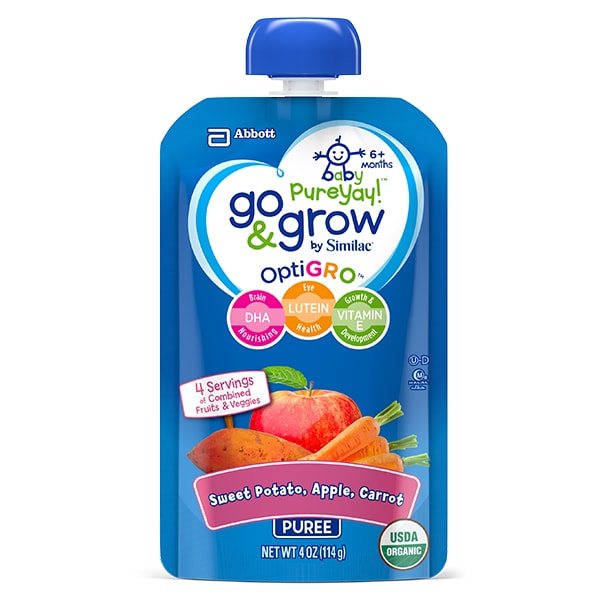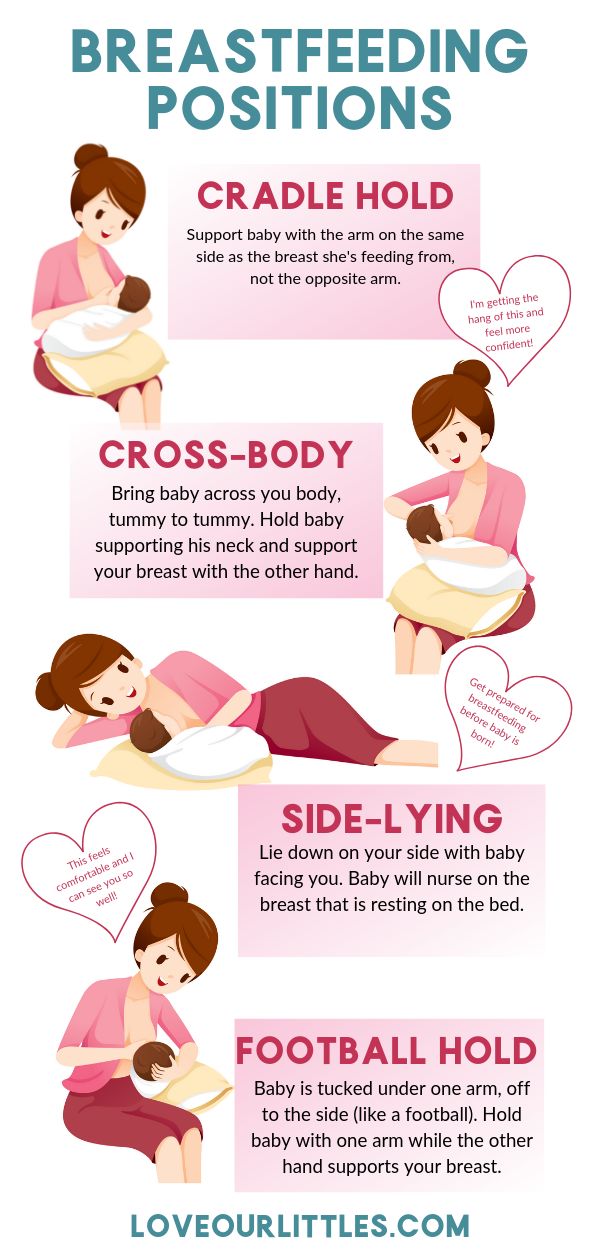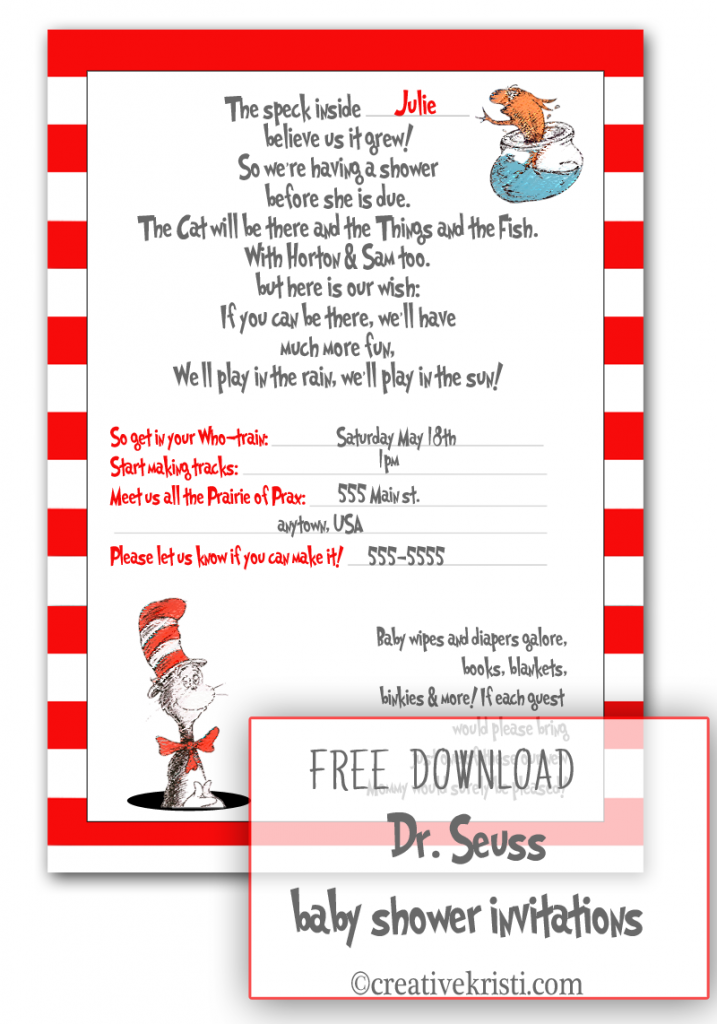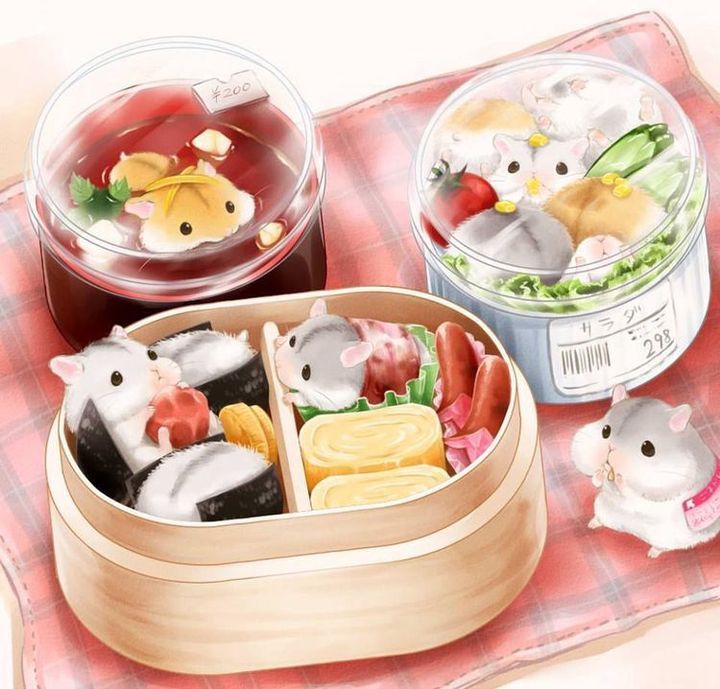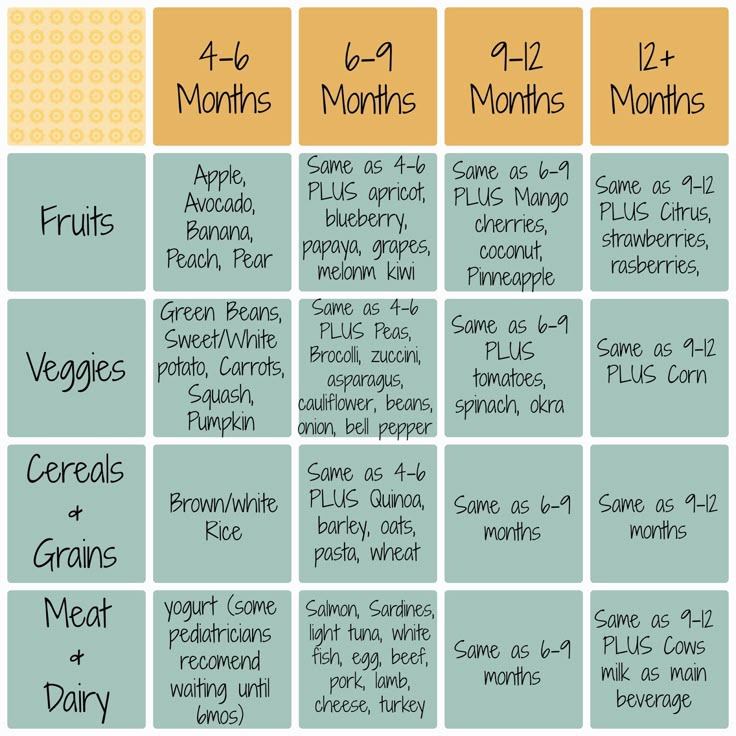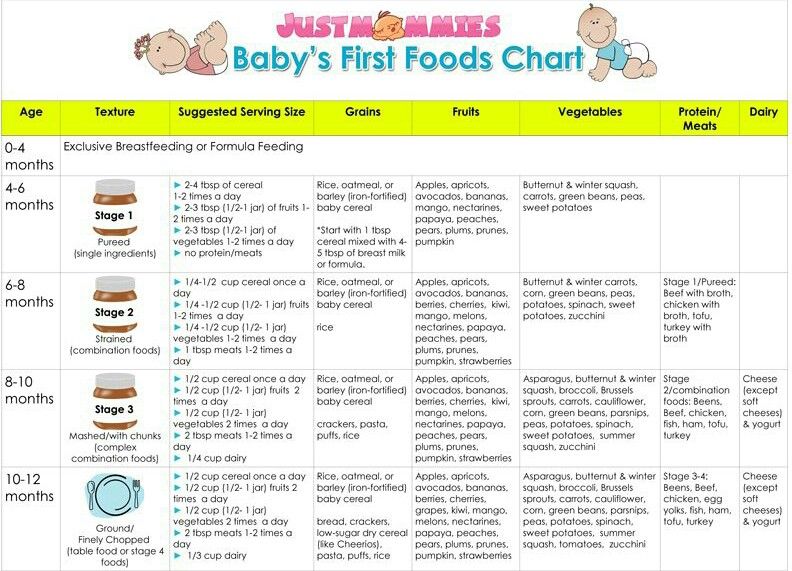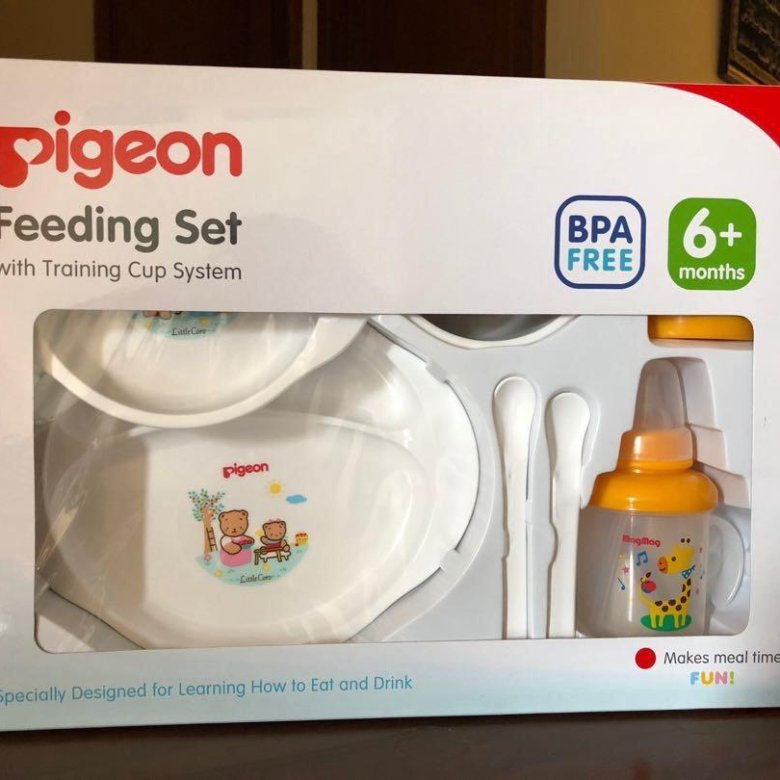Gmo in baby food
Organic vs. non-GMO baby formula: the similarities and differences
Our editorial team personally selects each featured product. If you buy something through our links, we may earn an affiliate commission, at no cost to you.
Parents are presented with an abundance of baby formula options today. The struggle to decipher all the different brands, styles and ingredients is real! Companies don’t make it easy— with their elaborate packaging and hard to read formula labels— when all parents want is to make the best choice for their little ones.
One of the decisions to make is whether you choose an organic baby formula or a non-GMO baby formula— or both! Keep reading to learn about what these terms really mean, their similarities and differences and how to decide which type of baby formula is right for you.
Table of Contents
- What does it mean to be organic, non-GMO, or regular baby formula
- What is organic baby formula?
- What is non-GMO infant formula?
- What is regular baby formula?
- Should parents choose an organic, non-GMO infant formula?
- What is GMO in baby formula, anyway?
- GMO vs.
non-GMO baby formula
Definitions first: what does it mean to be organic, non-GMO, or regular baby formula
Before we dive into the details of organic vs. non-GMO infant formula vs. regular formula, let’s first get the definitions straight. What do these terms really mean?
What is organic baby formula?
Organic baby formula is made according to the USDA requirements with certified organic ingredients and processing aids. When formulas say “organic” on the ingredients label, 95% or more of the ingredients must be certified organic. This means they do not contain pesticides, certain chemicals, additives, dyes, or GMO ingredients.
Shop Bobbie Organic Infant Formula
Bobbie Organic Infant Formula is a USDA Organic, EU-style infant formula that meets all FDA requirements. It is a complete nutrition milk-based powder modeled after breast milk and is easy on tummies. It is non-GMO and doesn't have corn syrup, palm oil, or maltodextrin. Learn more about Bobbie.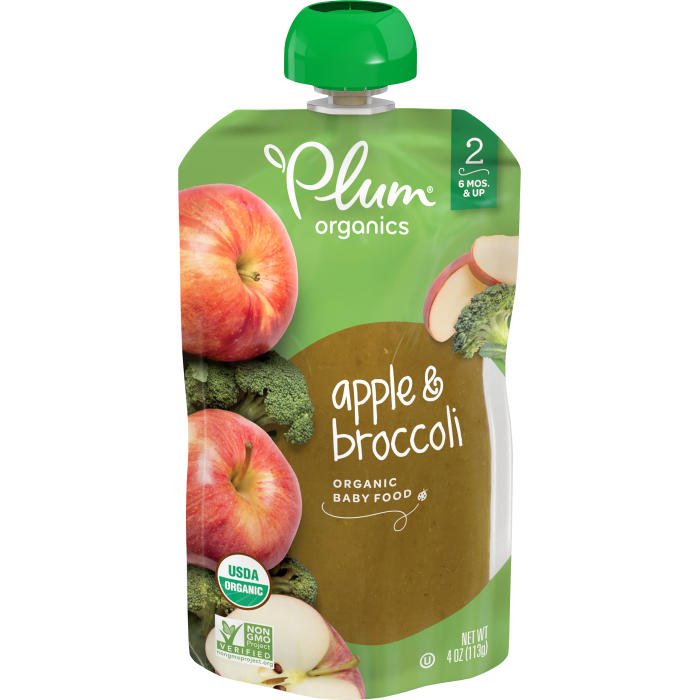
Shop Bobbie
What is non-GMO infant formula?
Non-GMO infant formula is formula made without genetically modified organisms.
Non-GMO standards are not equal to organic standards, so non-GMO formula (or other foods) are not automatically organic.
What is regular baby formula?
Regular baby formula may also be referred to as GMO formula. There are no limitations when it comes to the use of ingredients made with genetically modified organisms for these products. A GMO (a genetically modified organism) is “a plant, animal, microorganism or other organism whose genetic makeup has been modified in a laboratory using genetic engineering or transgenic technology.”1
One concept to keep top of mind:
Organic formulas are always free of GMO ingredients, but non-GMO formulas are not automatically organic.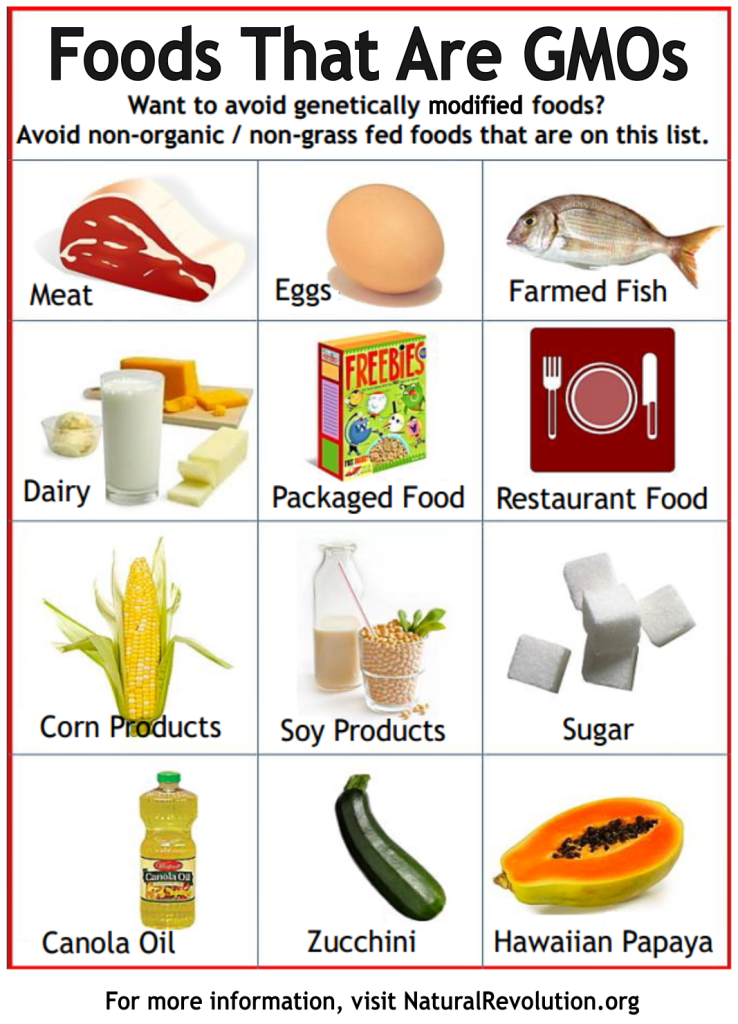 Yes, that’s a bit tricky!
Yes, that’s a bit tricky!
Let’s break it down with the help of Elieke Kearns, PhD, RD and Head of Medical Affairs at Bobbie. She tells us, “Organic refers to the farming practice of how an ingredient is grown and is defined by the USDA. It does not allow for things like synthetic pesticides or genetically modified organisms (aka GMOs). Essentially, all organic ingredients are non-GMO but not all non-GMO ingredients are organic.”
All infant formulas in the US must comply with the Food and Drug Administration’s (FDA) requirements for infant formula.2 These products are carefully regulated to ensure they provide adequate nutrition to support the growth and development of infants who consume them. In other words, the bar is already set quite high for all infant formulas, whether or not they’re organic or non-GMO.
Dr. Kearns agrees, reinforcing that, “Selecting what to eat or drink is a very personal choice, this is also true when choosing between organic vs.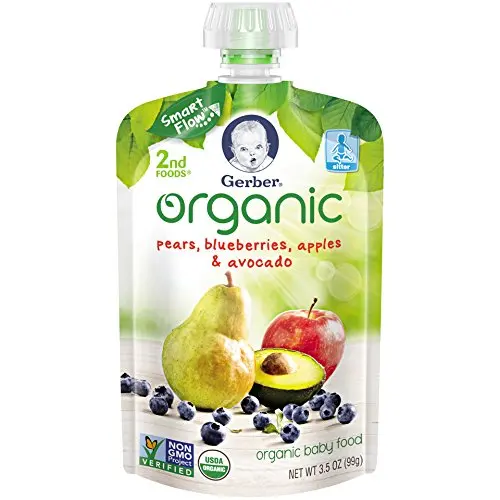 conventional. When it comes to this choice, the most important thing to know is that whether you eat food that is organic or contains GMOs, it is safe. This is something that independent scientists, as well as organizations around the world, agree on after analyzing multiple decades worth of data. In the US, we have the comfort of knowing that all foods are regulated for quality and safety by the federal government.”
conventional. When it comes to this choice, the most important thing to know is that whether you eat food that is organic or contains GMOs, it is safe. This is something that independent scientists, as well as organizations around the world, agree on after analyzing multiple decades worth of data. In the US, we have the comfort of knowing that all foods are regulated for quality and safety by the federal government.”
Along these lines, the FDA requires infant formulas to contain certain amounts of vitamins and minerals known to be critical in supporting early life nutrition, for example, B vitamins, iron, and calcium. These ingredients are only created and available in synthetic form. All infant formulas – even those labeled organic – use these synthetic ingredients. This is one example of the strict regulations set by the FDA to ensure infant formulas provide adequate nutrition to support your quickly-growing baby!
What
is GMO in baby formula, anyway?Formulas that are not GMO can be made with genetically modified ingredients. You might wonder which ingredients are actually GMO? This may include the protein ingredient(s), especially if the formula is cow-milk based. Genetically engineered products are common in animal feed, so the cows that provided the milk that the formula is based on were likely fed genetically modified crops. Hence, that milk protein is a GMO ingredient.
You might wonder which ingredients are actually GMO? This may include the protein ingredient(s), especially if the formula is cow-milk based. Genetically engineered products are common in animal feed, so the cows that provided the milk that the formula is based on were likely fed genetically modified crops. Hence, that milk protein is a GMO ingredient.
Other genetically modified ingredients may be corn and soy in baby formula. Corn shows up as corn syrup (a carbohydrate source), and soy may be present as soy oil (a fat source). The wide majority of the corn and soy grown in the US is genetically modified.3
GMO vs. non-GMO baby formula
Many parents wonder if they need to choose a non-GMO formula for their baby. After extensive study, the National Academies of Sciences, Engineering, and Medicine have reported on the safety of genetically engineered crops, which should help assure parents that choose regular formulas.
At the same time, nutrition science is always evolving, and there are sure to be more learnings on this topic with time.
For parents trying to make a decision, some aspects to consider are the exposure to chemicals, pesticides, and genetically modified ingredients that your baby may have with a GMO formula. On the other hand, the cost of non-GMO formulas will be a bit higher than regular, GMO-containing formulas. It very much comes down to what’s most important to you as a parent, and there’s no one right answer.
No matter which type of formula you choose to feed your baby, all infant formulas are modeled after breast milk.4 This means there’s one main source of inspiration for the many feeding options available to you. This also means you really can’t go wrong! And remember, your babe is nourished most by your love and affection. So cuddle up and trust that you’ve made the right choice.
Always check a product’s label for the most current nutritional and ingredient information. Ask your pediatrician for any questions/concerns.
Shop Bobbie Organic Infant Formula
Bobbie Organic Infant Formula is a USDA Organic, EU-style infant formula that meets all FDA requirements.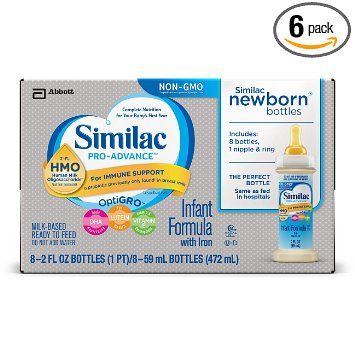 It is a complete nutrition milk-based powder modeled after breast milk and is easy on tummies. It is non-GMO and doesn't have corn syrup, palm oil, or maltodextrin. Learn more about Bobbie.
It is a complete nutrition milk-based powder modeled after breast milk and is easy on tummies. It is non-GMO and doesn't have corn syrup, palm oil, or maltodextrin. Learn more about Bobbie.
Shop Bobbie
Sources:
- What is a GMO? – The Non-GMO Project
- Infant Formula Registration & Submissions | FDA
- Recent Trends in GE Adoption
- Bioactive Compounds in Infant Formula and Their Effects on Infant Nutrition and Health: A Systematic Literature Review
The content on this site is for informational purposes only and not intended to be a substitute for professional medical advice, diagnosis or treatment. Discuss any health or feeding concerns with your infant's pediatrician. Never disregard professional medical advice or delay it based on the content on this page.
GMOs in Baby Food: What You Need to Know
GMOs in Baby Food: What You Need to KnowAlthough strict regulations exist for baby food and infant formula in North America, there are still concerns that genetically modified ingredients are present and possibly a threat.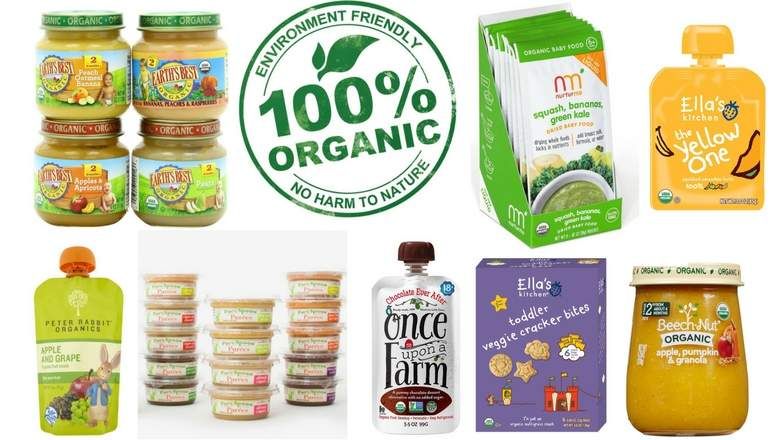
Genetically modified organisms are foods whereby the DNA has been spliced together with other organisms to change the traits, often to help express the effects of toxic pesticides. Recent evidence shows that GMOs may be responsible for serious human health problems, including the growth of tumours in rats.
The Institute of Responsible Technology lists the reasons that children are more susceptible to the health risks associated with GMOs including vulnerability to allergens, antibiotic resistant diseases and nutritional problems. As a parent, there are steps you can take to ensure your baby is safe from these risks.Read more about avoiding GMOs
What ingredients in baby foods and infant formula are most likely to be genetically modified?
According to the non-gmo shopping guide, created by the Institute for Responsible Technology ( a non-profit organization dedicated to raising awareness of the dangers of GMOs in our food supply), the following ingredients in baby foods are highly suspect unless certified organic:
NATURALLY SAVVY NEWSLETTER
Get the latest information, tips & recipes for healthy living delivered directly to your inbox.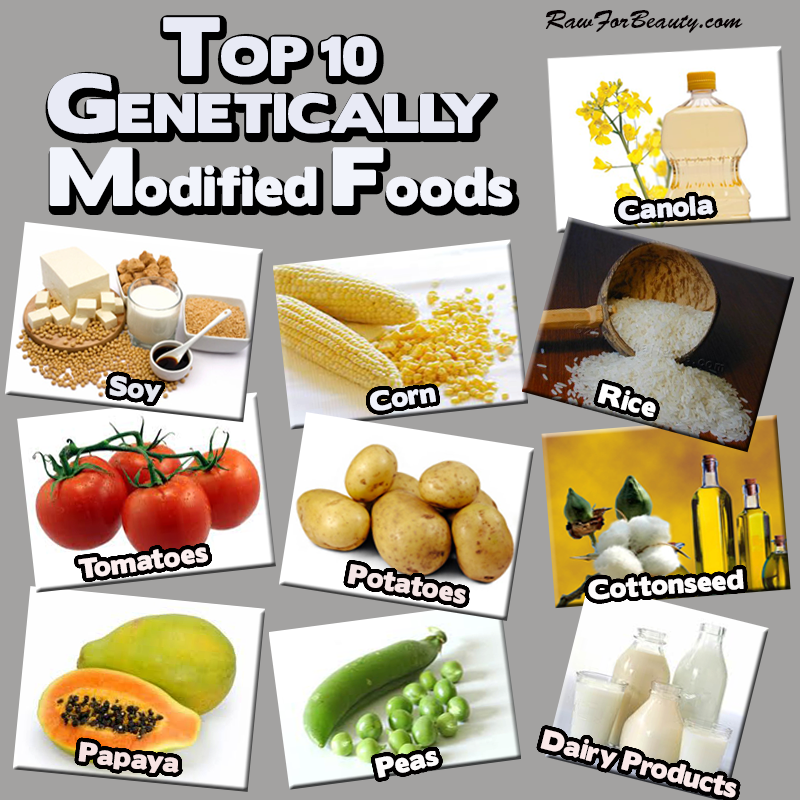
Your privacy is important to us.
Soy, milk (may be from cows injected with rbGH), corn syrup, corn syrup solids and soy lecithin
Other ingredients to avoid are: canola oil, maltodextrin
How can you avoid buying baby food and infant formula with genetically modified ingredients? One assurance is to buy organic baby food. Another obvious choice is to make your own baby food with safe foods.
The following baby food brands are part of the NON-GMO Project-verified to have no GMO ingredients:
- Earth's Best
- HAPPYBABY Pouches
- HAPPYTOT
- Little Duck Organics
- NurturMe
- Oh Baby Foods
- Organic Baby
- Plum Organics
For other brands you can verify directly with the company through the NON-GMO Project verification process.
If you’re feeling disheartened by this issue, positive news comes in the form of legal action: House Bill 6527, “An act concerning genetically engineered baby food”, has been passed to the next stage of legislature in Connecticut in March 2013.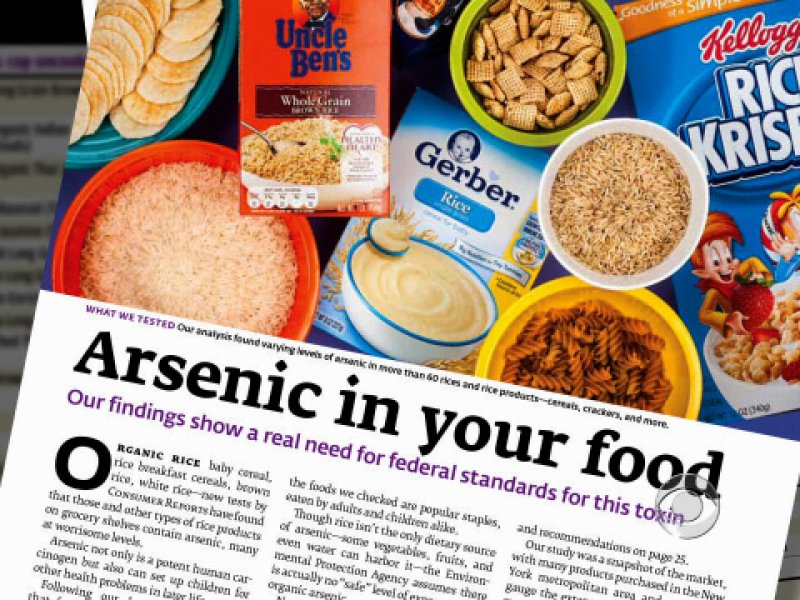 This act would require that all genetically engineered ingredients in baby food and infant formula “include clear and conspicuous labeling.” Strong support for this initiative is obvious-150 Connecticut based organizations and businesses have endorsed the bill along with grassroots organizations like Food Democracy Now! Connecticut joins the movement of over 37 supportive coalitions as part of the movement known as www.righttoknow-gmo.org.Read more about GMOs in stores
This act would require that all genetically engineered ingredients in baby food and infant formula “include clear and conspicuous labeling.” Strong support for this initiative is obvious-150 Connecticut based organizations and businesses have endorsed the bill along with grassroots organizations like Food Democracy Now! Connecticut joins the movement of over 37 supportive coalitions as part of the movement known as www.righttoknow-gmo.org.Read more about GMOs in stores
The best way to navigate the complex and overwhelming world of our food systems is to stay informed. Familiarize yourself with the helpful guides out there on how to avoid GMOs; start asking more questions. If you really enjoy a certain brand of products and you’d like to continue buying them, ask the company directly what is in their food products. Never underestimate the power of one person. Ben & Jerry’s ice cream committed to eliminating GMO ingredients from their products because consumers spoke up.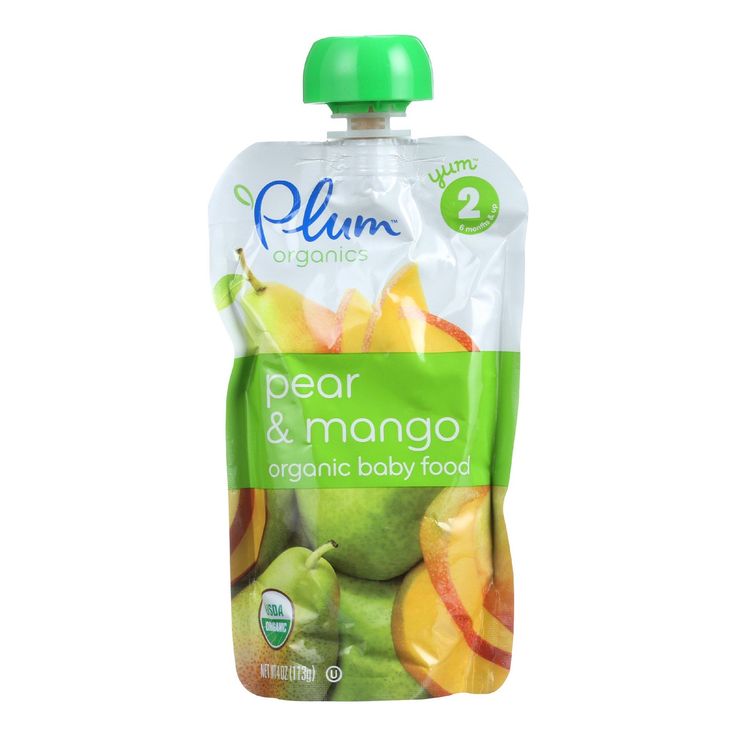 So did Whole Foods Market. These are not small mom and pop stores; these are huge companies. These amazing results from consumers standing up for the safety of their food is unprecedented. The more we speak up the more the powers that be will listen. If they don’t, we can just fold up our wallet and walk away.
So did Whole Foods Market. These are not small mom and pop stores; these are huge companies. These amazing results from consumers standing up for the safety of their food is unprecedented. The more we speak up the more the powers that be will listen. If they don’t, we can just fold up our wallet and walk away.
Photo credit: Frank Guido
How to choose baby food without GMOs
— Anastasia Ivanovna, what are GMOs in baby food and why are they needed?
— In genetically modified organisms (abbreviated as GMOs), genetic information is changed in a special way - certain genes are included or excluded. As a result of genetic engineering, living objects are obtained that do not exist in nature. Mostly we are talking about plants and animals. The World Health Organization defines GMOs as all organisms in which the DNA has been altered. nine0005
The goals of genetic engineering were originally good - growing new varieties of cereals and vegetables that will be stored for a long time or look good, contain more vitamins.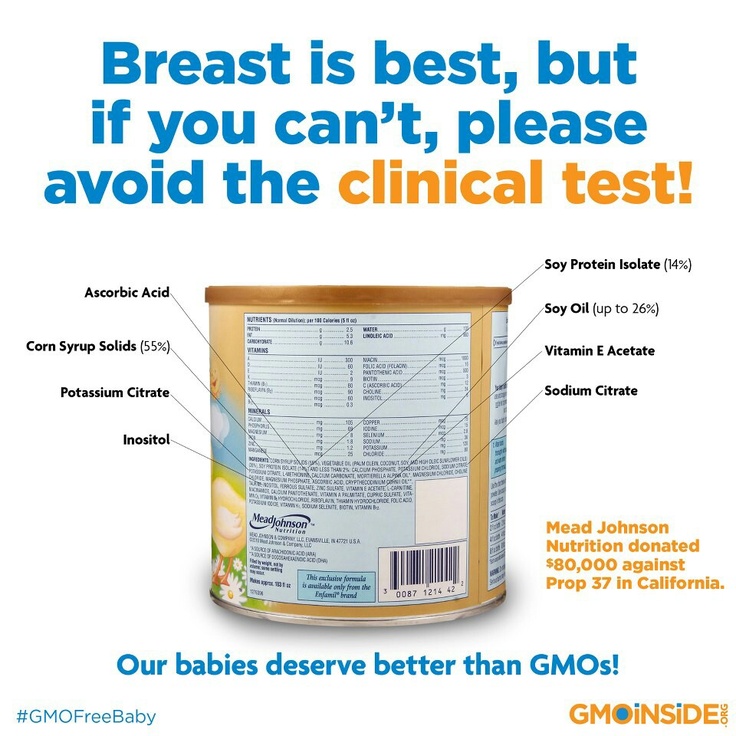
Since June 2016, there has been a ban on the production and cultivation of genetically modified foods in Russia, and the import of GMOs from other countries has also been banned.
— Why are GMOs scary and are mixtures, purees and cereals with GMOs dangerous for children?
- Gene modification is confused with a gene mutation, which everyone is afraid of as changes in the cells of the body at the genetic level. Therefore, all infant formulas, cereals, mashed potatoes with GMOs are considered dangerous and they try to limit or exclude their use. No one will risk the health of children.
Parents also fear that GMOs will cause allergies or gastrointestinal problems. Essentially, any food can be an allergen, and whether an allergy would correlate with GMOs is not always clear. Digestive problems in babies are more related to the diet and day. nine0005
Myth 1. Genetically modified foods are everywhere.
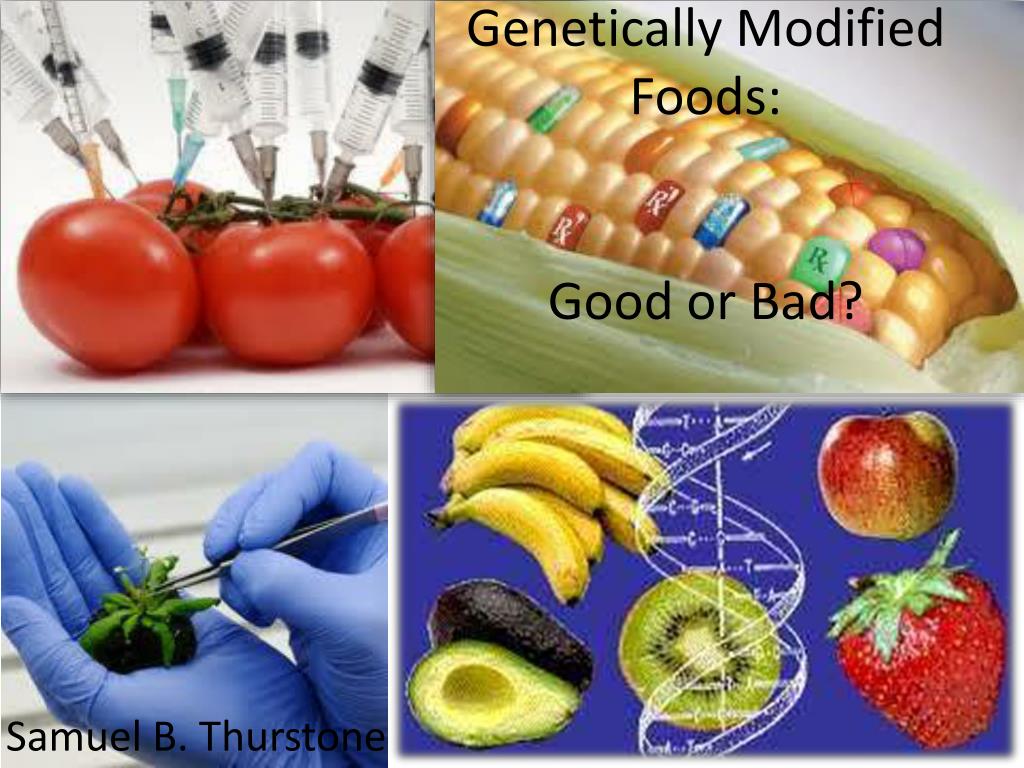
— Genetic engineering is a rather expensive process, which is more often used for medical purposes, molecular genetics. If there were GMO products on sale, they would be labeled. In addition, Rospotrebnadzor regularly examines product samples, and you can be calm about baby food.
Myth 2. If you eat a lot of genetically modified food, you will become a mutant. nine0023
— Not all GM foods affect our bodies. If you believe this myth, then any potato or cucumber can give a mutation.
Myth 3. GMOs are poison, and non-GMOs are healthy.
Also delusion. On the one hand, genetic modification is confused with mutation, on the other hand, the intrigues of advertisers and marketing tricks are tangible.
Myth 4. GMO causes infertility, cancer, allergies.
nine0005 - An allergic reaction can be to any product. However, food is not considered a factor that may or may not affect the development of cancerous tumors.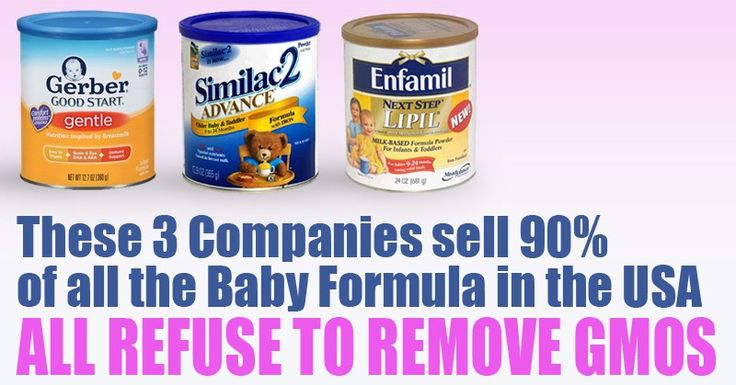 The WHO website lists more than 160 causes of cancer, and none of them are related to food. There are no GMOs either.
The WHO website lists more than 160 causes of cancer, and none of them are related to food. There are no GMOs either.
- Soybeans, rapeseed, corn, wheat are some of the most popular modified plants, and are often used in baby food. What "modified" ingredients should be avoided? nine0004
- It is undesirable to abuse cereals that contain a lot of starch. It is not only harmful to the undeveloped enzymatic system of the child, but also gives an insulin response. Starch is also often used as a thickening preservative in baby purees.
Soy is rarely found in baby formulas, and you can be sure about products for babies from 0 to 3 years old. A conscientious producer will add regular soybeans instead of genetically modified soybeans. The same with corn. nine0005
Despite the fact that we have secured ourselves by a ban on the import of products with GMOs, when ordering online from abroad, there is a risk of purchasing baby food with GMOs that is not certified in Russia.
MAMAKO ® Goat Milk Non-GMO Baby Food also does not contain starch, rapeseed or palm oil. Links to a wide range of products:
- Non-GMO infant formula
- non-GMO baby cereals
- non-GMO baby cream soups
- non-GMO baby puree with cottage cheese and fruit
MAMAKO ® ORGANIC cereals are a combination of organic cereals and fruits and 32% ORGANIC farm goat milk.
— What to look for when choosing baby food: what should not be in infant formula, and what labels can alert?
- All components of baby food should be natural and understandable to mom, and a product with unknown ingredients should be immediately returned to the shelf .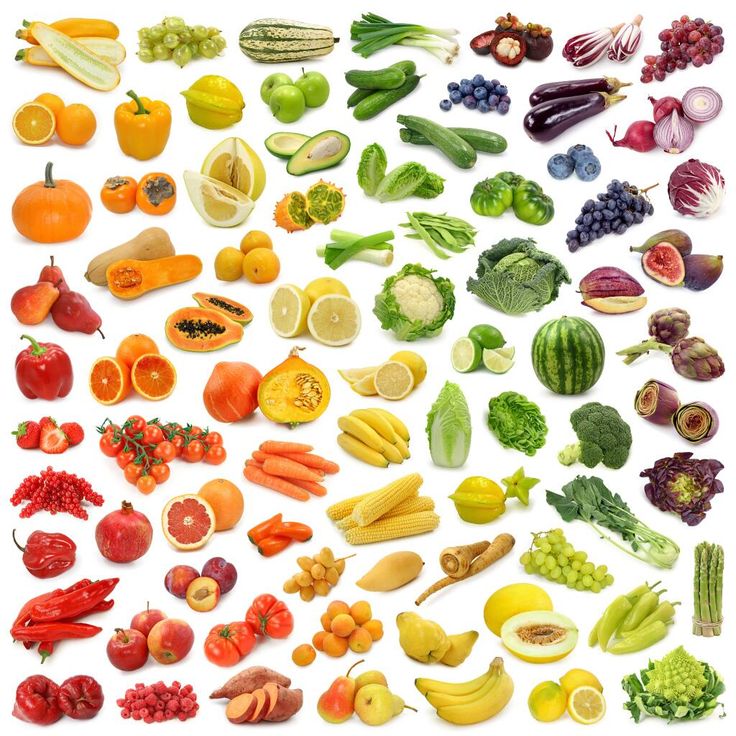 Moisture-retaining ingredients, vegetable fats, and many other food ingredients can be dangerous.
Moisture-retaining ingredients, vegetable fats, and many other food ingredients can be dangerous.
- Among the E-additives there are few natural ingredients, for example, E260 - citric acid, E300 - ascorbic acid, E290 - carbon dioxide. It is necessary to be afraid of synthetic additives among preservatives and thickeners, because they affect digestion, the occurrence of allergies. For children, the most dangerous food additive E270 is lactic acid, which must be avoided. nine0062
- Flavors that are identical to natural, they only talk about imitation of natural ingredients, but in fact they are artificial ingredients.
- Carcinogenic additives, additives that can harm the stomach, lead to skin diseases, cause intestinal disorders, and pressure changes are prohibited in the Russian Federation.
- Is organic baby food different from "bio" products?
- A product made from pure agricultural raw materials is called organic. To do this, plants are grown without fertilizers and growth stimulants, and free-range, stress-free keeping and growing without hormones and antibiotics are provided for animals. At the same time, the ecological situation cannot guarantee an organic approach to cultivation, and the concept of "environmentally friendly production" is often confused with "natural product". nine0005
At the same time, the ecological situation cannot guarantee an organic approach to cultivation, and the concept of "environmentally friendly production" is often confused with "natural product". nine0005
Prefixes bio - in bio-potatoes, bio-kefir - will have different meanings. In fermented milk products, such marking means the presence of not only beneficial fungi, but also live bacteria. This is another category of product with additives. Some of them are needed to give the product certain properties so that it looks good, stored for a long time - and they are not very useful; others are beneficial - for example, products of the 0-3 year category are fortified.
— Is it possible to completely avoid GMOs by switching a child to homemade natural baby food? nine0004
- No matter how sad it may sound, no one is immune from anything. When a mother cooks at home, she cannot be one hundred percent sure of the quality of the products. Both gastroenterologists and allergists tend to this.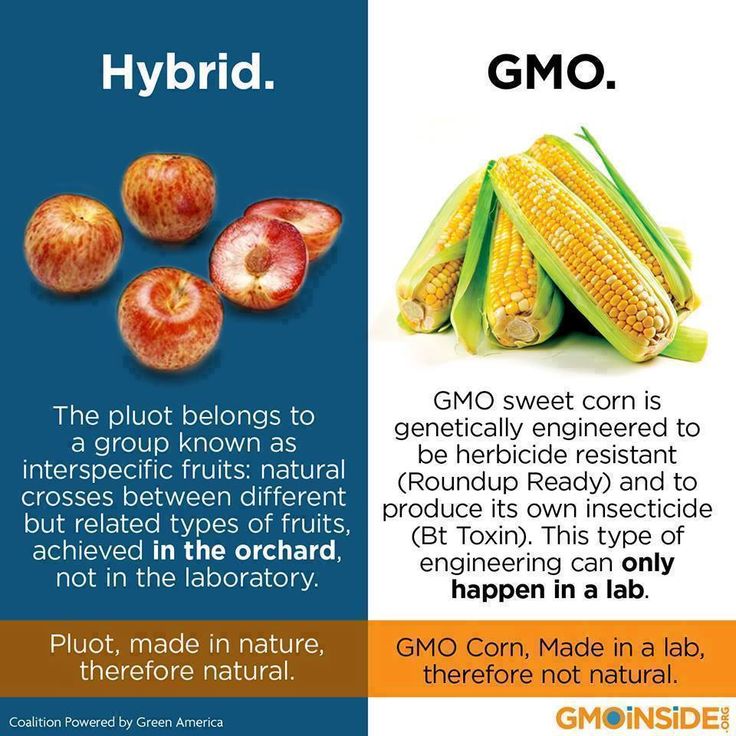 Even garden-grown potatoes can be overfed with fertilizer. The same goes for complementary foods - you can spend time cooking, but not get sure that the child eats really high-quality food, including without the intervention of genetic engineering. nine0005
Even garden-grown potatoes can be overfed with fertilizer. The same goes for complementary foods - you can spend time cooking, but not get sure that the child eats really high-quality food, including without the intervention of genetic engineering. nine0005
The topic of GMOs is controversial, especially in baby food, because genetic modification of crops is often confused with gene mutation. Some argue that such products should not be eaten, while others, on the contrary, say that they do not affect health. Therefore, the issue of genetically modified food should be approached carefully and given to the child industrial baby food marked “GMO-free”.
* Breast milk is the best food for babies. WHO recommends exclusive breastfeeding for the first 6 months of a child's life and continued breastfeeding after complementary foods are introduced until the age of 2 years. Before introducing new products into the baby's diet, you should consult with a specialist. The material is for informational purposes and cannot replace the advice of a healthcare professional.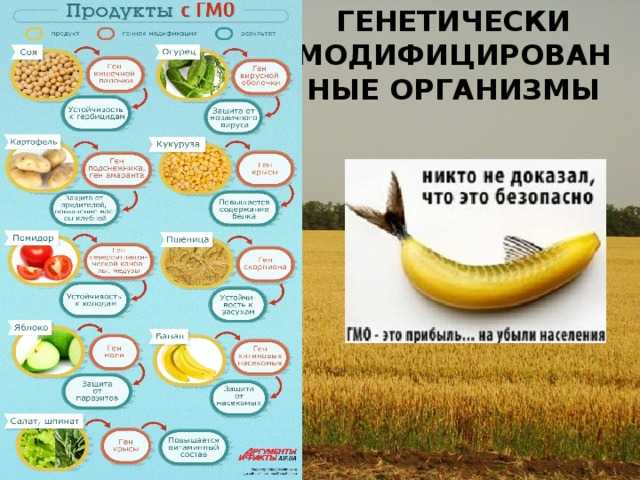 For feeding children from birth. The product is certified. nine0074
For feeding children from birth. The product is certified. nine0074
GMOs in baby food
It seems that if we pay that kind of money and the manufacturer's name is so well known, then this is a guarantee of quality. However, everything is not quite right. This organization has carried out an independent examination of baby food of the most famous companies, such as Gerber, Semper, Kolinska, Valio, Frisland Nutrition and Nestlé. GMOs (genetically modified organisms) were found in the products of all the listed companies. Only Valio did not challenge the results of the examination, and Nestlé even filed a lawsuit. nine0005
Apparently? the largest foreign baby food manufacturers believe that we should feed our children with cloned products and be happy. And if the consumer expresses any dissatisfaction, then this, according to Nestlé, is not a normal situation. In general, it is better to know less. By the way, Nestlé was never able to refute the results of the Russian examination of their products.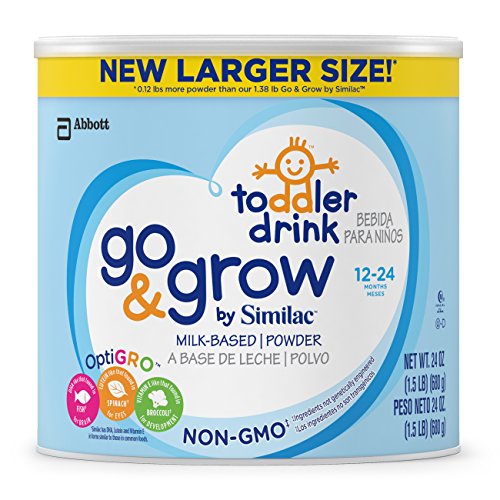
Maybe you don't know, but on the territory of the Russian Federation it is impossible to use GMOs in baby food without control. But the State Duma decided to go even further and protect its little citizens from cloned potatoes and beef. At the beginning of 2010, a bill was submitted for discussion, according to which Russia would ban the manufacture and sale of baby food containing GMOs altogether. nine0005
The problem lies primarily in the fact that the vast majority of baby food, unfortunately, is still imported from abroad. And it is in this baby food that GMOs are found. The situation is also aggravated by the fact that more than two-thirds of babies today eat exclusively infant formula, and not breast milk. This is such a big burden on the child's body. And if artificial nutrition is also of poor quality, then this can have an absolutely irreparable impact on the health of the future nation. nine0005
Why should GMOs be banned from baby food? Maybe there is nothing wrong with using cloned products?
To date, it has been absolutely proven that GMOs have a very detrimental effect on the human body. Under the influence of such products, the process of hematopoiesis may be disrupted. People who eat foods containing GMOs are more prone to cancer. And another interesting effect of GMOs on the human body is that the body ceases to respond adequately to drugs. That is, it will be very difficult to cure such a consumer of GMOs from any disease. nine0005
Under the influence of such products, the process of hematopoiesis may be disrupted. People who eat foods containing GMOs are more prone to cancer. And another interesting effect of GMOs on the human body is that the body ceases to respond adequately to drugs. That is, it will be very difficult to cure such a consumer of GMOs from any disease. nine0005
Genetically modified organisms and products provoke the development of allergies, skin diseases, disorders of the digestive organs, and various disorders of the nervous system. And these studies were conducted on adults, with an already formed strong body! And how destructive the use of GMOs in baby food can be!
By the way, some European countries already prohibit the use of GMOs in baby food . Now manufacturers will “dump” all low-quality goods to third world countries, which include most of the post-Soviet space. Therefore, try to use natural products in your child's diet. nine0005
Which baby food products are especially dangerous in terms of GMO content?
These are all meat and canned fish , all products containing soy additives, soybean oil.